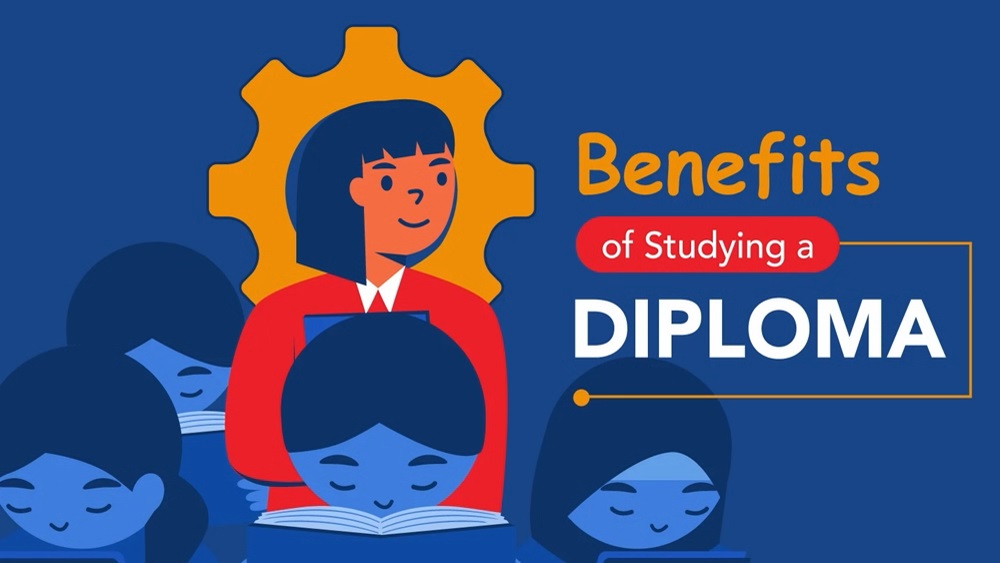




 03/07/2024
03/07/2024
With the support of the IB, students can steer their path of study and acquire the knowledge, abilities, and self-assurance necessary to succeed and leave a lasting impact.
It positions educators as the designers of exceptional learning experiences, collaborating with motivated peers in a fulfilling profession backed by an extensive international network. Additionally, it gives schools a solid reputation for producing positive results that benefit the entire community.
The IB collaborates closely with academic researchers from throughout the globe to carry out research for studies related to programme and service development, quality control, and effect evaluation.
The IB and AP programs are comparable in that they allow high school students to enroll in challenging, advanced coursework.
There are two primary distinctions, though. For starters, the IB programme is less widely used in American high schools than the AP programme, and it is harder to find IB courses because you cannot self-study them.
Furthermore, the IB programme places a lot more emphasis on offering a coherent, all-encompassing curriculum with particular prerequisites that leads to a diploma.
Students enrolled in the IBDP must complete coursework and tests in six topic areas. The more difficult "Higher" level must be taken for 3 or 4 of these courses; the remaining subjects can be taken at the "Standard" level.
There are three more significant requirements for the IBDP besides this coursework. Students are required to compose a long essay based on their independent research first.
Second, a course on theory of knowledge that addresses epistemology and critical thinking is required of all students. Thirdly, a specific quantity and variety of extracurricular activities are required of the kids.
Achieving the IB diploma requires you to have completed far more than just a few IB courses.
Rather, you have chosen to pursue a certain type of high school learning that aims to educate you not only math, science, and history in addition on how to better absorb and analyse the material you will come across in school and afterward.
In addition to serving this stated goal, an IB diploma may help you in many other ways, particularly when it comes time to apply to colleges. We'll go over a few of the key advantages of pursuing and earning an IB diploma below.
Unique IB opportunities
The ability to use the IB programme not just during the college admission process but also after enrolling in college is one of its special benefits. Colleges may utilise the results of your IB courses, similar to those from the AP exam, to determine your placement and credit.
Your IB experience may allow you to be assigned to higher-level classes depending on your institution, or you may obtain credit for the IB courses directly, which can help you save both time and cash while pursuing your degree.
Colleges in Colorado and Texas are even required by law to grant college credit to graduates of International Baccalaureate programmes.
An IB diploma could be very helpful to you if you want to go to college overseas full-time rather than just temporarily as an overseas study participant.
It might be challenging for US students to get admitted to universities because other nations have distinct academic programmes and routes to university education. This difference may be closed with the aid of the IB diploma's widespread recognition.
A few nations that recognize the IB diploma as a prerequisite for university admission are France, Italy, India, Spain, and Turkey.
Furthermore, a few colleges provide grants designed especially for those with IB diplomas. Even if there are more requirements for each country and school, having an IB diploma can help with the application process.
Finally, obtaining an IB diploma can be a very fulfilling intellectual experience in and of itself, independent of worries about college admissions.
The IB programme is meant to help you develop the kind of critical thinking, analysis, and thinking skills that your institution will eventually require in addition to giving you challenging course material.
The IB curriculum includes autonomous projects, some of which can be quite entertaining. Some high school pupils don't have many chances to devote their time and attention to the subjects they find fascinating. In a way that your regular coursework would not, studying a subject that truly interests you can help you reach your intellectual potential.
Making an impression
As we've already discussed, the IB programme is not as well-known or as popular in the US as programmes like the AP programme.
The number of pupils who can participate is limited since you have to take courses offered by the IB Global Academy at an approved high school; independent study is not permitted.
Its relative scarcity in high schools may also be attributed to the cost and training needed to become an IB recognised institution.
In practical terms, this implies that you will be one of the select few applicants to colleges who possess an IB diploma.
This distinction demonstrates that you have not only accepted academic challenges but have also completed them through a programme that is well-known for being respectable, demanding, and requiring its graduates to put in a significant amount of independent work.
Apart from the novelty of participating in the IB, some aspects of the IB Diploma Programme might allow you to work on very intriguing and unique academic projects that will help you stand out from the competition.
As we previously stated, to obtain your IB diploma, you must finish a sizable independent research project. Your choice of subject for this assignment can reveal a lot concerning you, and when it comes time to apply, your capacity to manage the demands for autonomous work and produce an entirely distinct product will set you apart from the competition.